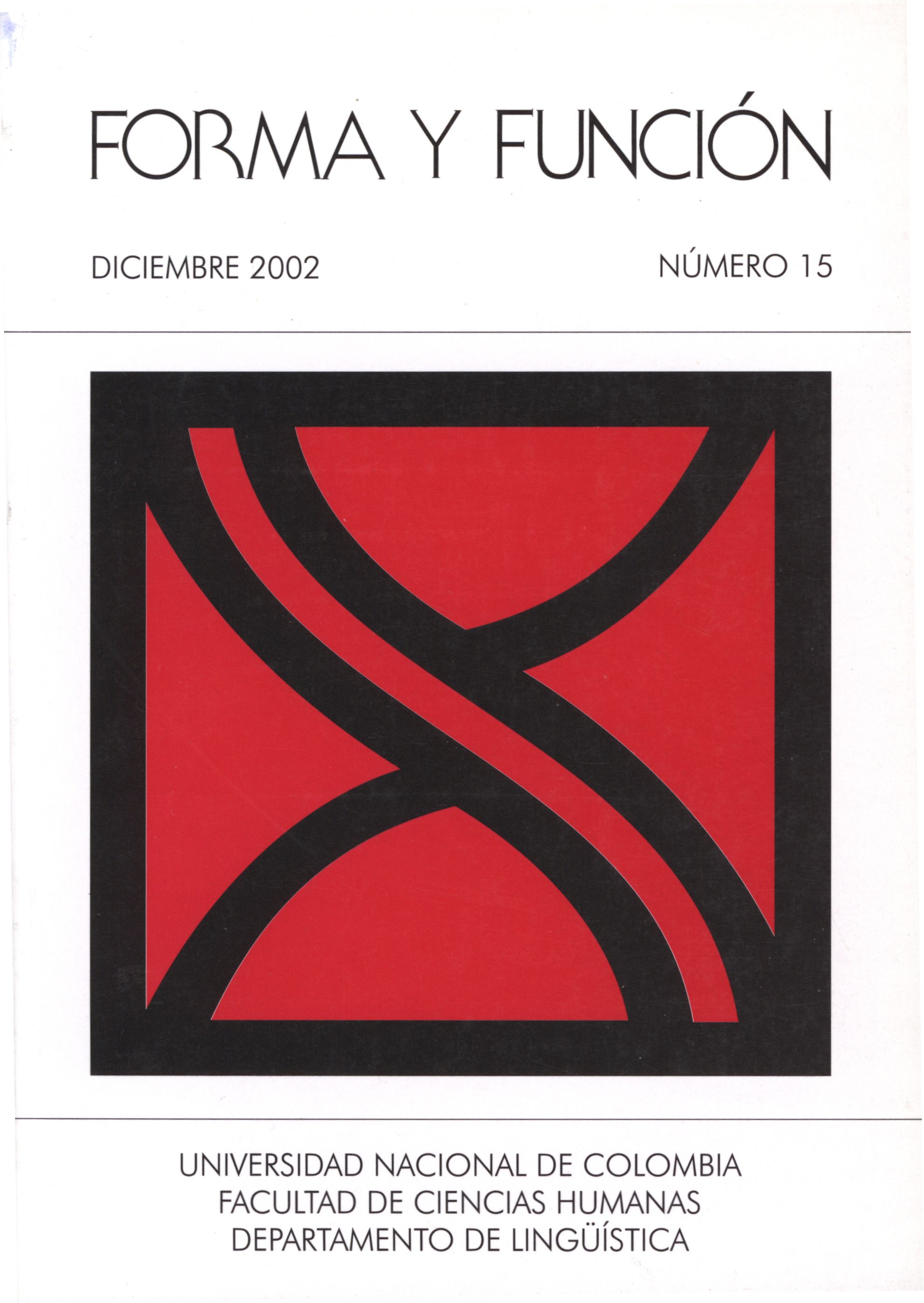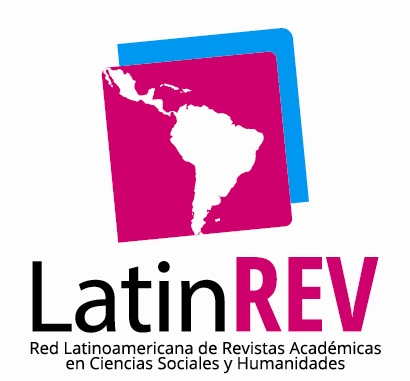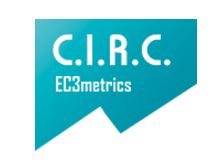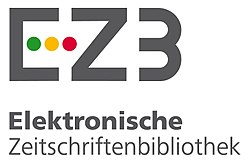Equivalence revisited: a key concept in modern translation theory
Palabras clave:
translation equivalence, linguistics, text-oriented, theories (TOT), non-linguistics, context, oriented, theories (COT), dynamic translation model (DTM) (en)Descargas
This paper attempts to discuss the importance, relevance and validity of the concept of equivalence as a constitutive notion in translation theory. Equivalence is defined as a relation that holds between a Source Language (SL) text and a Target Language (TL) text. Our conception of equivalence is supported by a modern text-linguistic theory that considers that the text is the unit of analysis of the communicative event and, as translation itself is seen as a communicative event, then logically, it should be studied from a modern textlinguistic approach. A brief background is provided to support this perspective. However, this is a point of view not necessarily shared by all modem translation theorists and, therefore, two antagonistic positions in translation theory as well as the criticism against Linguistics/Text-oriented Theories (TOT) are analyzed. Then arguments for and against the notion of equivalence within tot and cot (Non-Linguistics/Context-oriented Theories) are discussed in detail and new perspectives reviewed. Finally, equivalence within the framework of a Dynamic Translation Model (DTM) is discussed and a brief illustration of its application in translation criticism is provided.
Cómo citar
APA
ACM
ACS
ABNT
Chicago
Harvard
IEEE
MLA
Turabian
Vancouver
Descargar cita
Visitas a la página del resumen del artículo
Descargas
Licencia
Derechos de autor 2002 Forma y Función

Esta obra está bajo una licencia internacional Creative Commons Atribución-NoComercial-CompartirIgual 4.0.
Forma y Función está suscrita al convenio Open Journal System, lo que significa que tiene el carácter de acceso abierto. Se provee acceso libre e inmediato a su contenido, bajo el principio de que hacer disponible gratuitamente los resultados de investigación contribuye a la divulgación global del conocimiento, así como al intercambio académico que propicia vínculos entre las comunidades científicas. Los usuarios pueden buscar, leer, copiar, descargar y compartir la totalidad de los textos publicados. Se autoriza su uso, siempre y cuando se conceda el crédito a los autores de los textos y a Forma y Función como fuente original de la publicación. No se permite el uso comercial de copia o distribución de contenidos, así como tampoco la adaptación, derivación o transformación alguna de estos sin la autorización previa de los autores y del editor de Forma y Función.
Los contenidos de la revista son publicados en acceso abierto bajo la Licencia Creative Commons Atribución-NoComercial-CompartirIgual 4.0 Internacional. Para mayor información sobre los términos de la licencia, se puede consultar: http://creativecommons.org/licenses/by-nc-sa/4.0/legalcode.
En consonancia con la política de acceso abierto, Forma y Función no aplica cargos por el procesamiento de los textos enviados, ni por su publicación.































